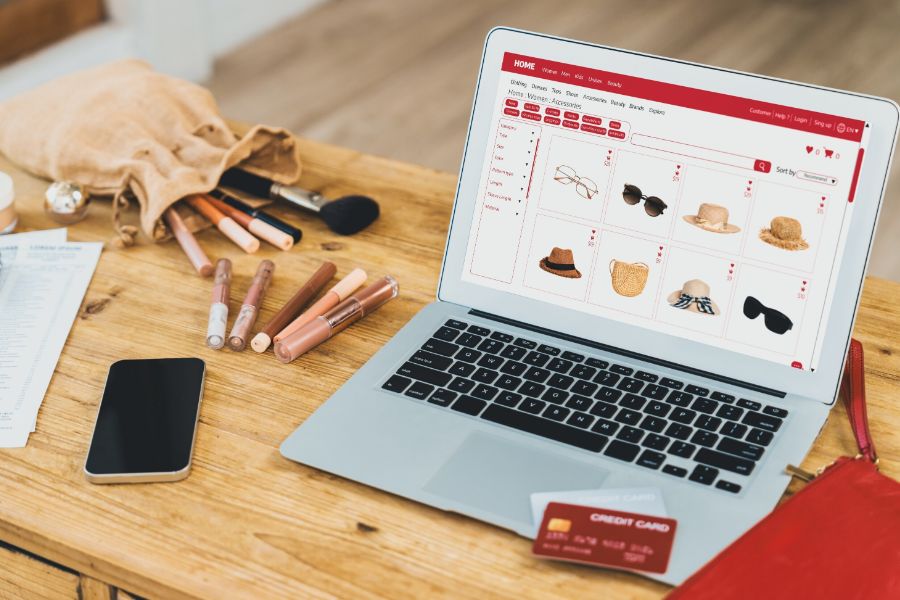Magento allows users to create product attributes as the materials to build their product characteristics and support their customers to find and buy expected items. From another perspective, Magento product attributes also help businesses to monitor their products easily.
What are product attributes?
Product attributes refer to additional features that define particular products such as size, color, design, weight, etc. These attributes can greatly support business to increase product awareness and influence customer purchasing decisions.
In general, there are two main categories of product attributes which are:
- Tangible attributes: including size, color, smell, product design, weight, etc.
- Intangible attributes: including price, quality, aesthetics, etc.
Customers always tend to consider many of these attributes before buying any products in order to find themselves the most suitable items.
Why are product attributes important?
As mentioned above, retailers can use product attributes with the aim of gaining public notice on products and drive customers’ buying decisions. Interestingly, the more descriptive products and services are, the easiest they can be sold.
Besides, product attributes can inform retailers about the customer groups that are most likely to buy them. In the same way, retailers can also use product attributes to understand what their target customers are looking for.
Take the water-repellent shoes as an example. Customers may expect that their shoes can withstand rain or shine on both rainy and sunny days. Understanding this concern, retailers may introduce a new product line with extra cushioning and breathable fabric. Customers are ensured that when using these shoes they will feel more comfortable in any weather condition.
What makes Magento’s product attributes so valuable and practical?
Magento has always provided users with levels of sophistication for product attributes. With Magento users are allowed to
Adding more detail to the product listing
Retailers are able to add any specific product attributes to the More Information tab that will help customers understand their expected products better.
Using in both Fast and Advanced searches
A quick search box is available in the upper-right corner of Magento. There’s also a link to Advanced Search in the footer, where customers can enter attributes as search criteria. Advanced search will allow customers to search the catalog for items based on various attributes entered into a form. The search text in the Quick search box accepts both the full and partial product name and any other ways that describe the item.
How to set up product attributes in Magento?
To begin with, on the main menu, you should click on Ecommerce and then choose Attributes. Then an attribute page will open.
In this page, choose Create an Attribute to open the create an attribute page.
Then, import the name of attributes you are working on. For example: Price or Color.
Set up Magento product attributes
After entering the attribute name, select the checkbox This attribute is active and those attributes will be associated with particular products.
In the Advanced section, you will be able to change the automatic name by choosing Change and replacing with a new name.
Following up, you should click Create this attribute and then the system will open the Create a value page for the attributes. What you should do next is enter a unique value name and choose other manipulations for certain purposes such as adding description, make the value inactive, etc.
Finally, you can finish the task by clicking Create a value or Create and add another.
Bottom line,
In this article, we have generally covered some principal information about Magento product attributes. If you have any further questions, don’t hesitate to contact us!
As for ConnectPOS, we’re the leading POS solution that fully integrates with Magento. If you’re looking for an easy way to upgrade your omnichannel Magento store, ConnectPOS will be your perfect choice!
ConnectPOS is a all-in-one point of sale solution tailored to meet your eCommerce POS needs, streamline business operations, boost sales, and enhance customer experience in diverse industries. We offer custom POS with features, pricing, and plans to suit your unique business requirements.




